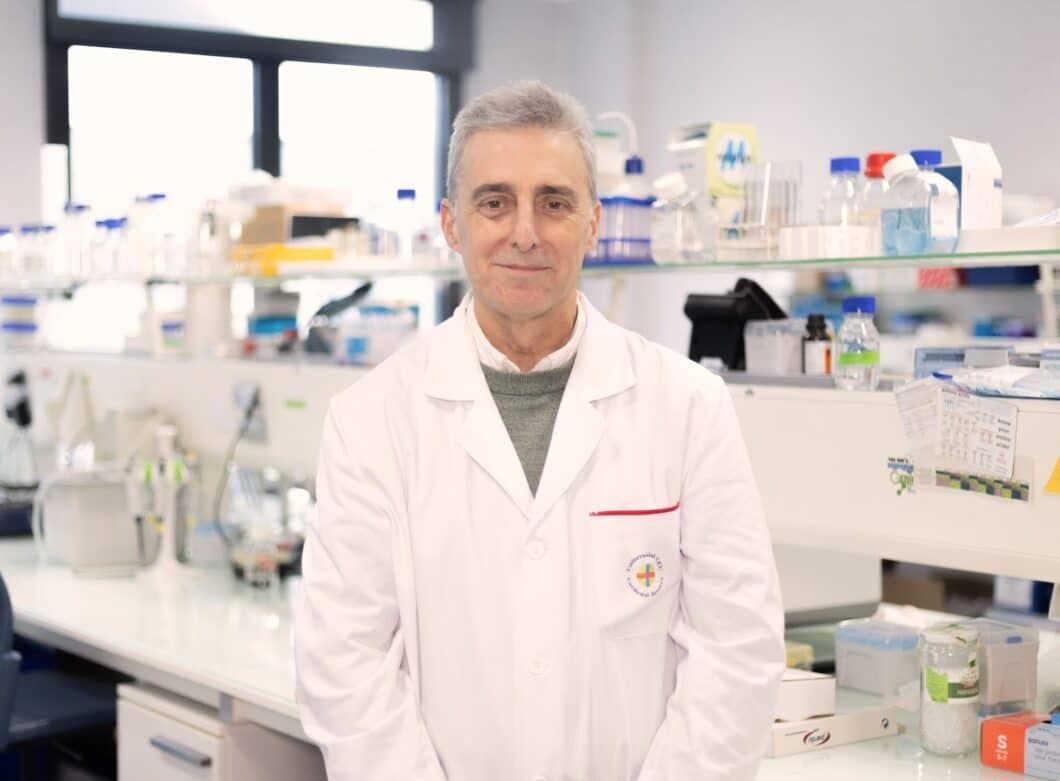AI Duplicates Physicist's Abstruse Work in 18 Minutes, Sparking "Glee"

An artificial intelligence system has reportedly replicated a physicist's highly complex and abstruse work in a mere 18 minutes, a feat that has been met with "glee" from the original researcher. The rapid duplication highlights the accelerating capabilities of AI in scientific discovery and problem-solving, prompting discussions about its transformative role in research.
The specific details of the physicist's work and the AI system involved were not immediately disclosed, but the event underscores a growing trend of AI significantly expediting scientific processes. This mirrors recent breakthroughs, such as Google's "co-scientist" AI tool, which solved a complex superbug problem in two days that had eluded microbiologists for a decade. Professor José R Penadés of Imperial College London expressed shock and excitement when the AI independently arrived at the same conclusion as his team's years of research.
Experts suggest that AI's ability to analyze vast datasets and identify patterns at unprecedented speeds is revolutionizing various scientific fields. MIT researchers, for instance, have developed an AI system, MultiverSeg, to accelerate clinical research by rapidly segmenting medical images, a task that is traditionally time-consuming and manual. This technology streamlines the initial steps of studies involving biomedical images, potentially reducing the cost and duration of clinical trials.
The integration of AI into scientific research is prompting a shift in how discoveries are made, with many scientists viewing AI as a powerful tool rather than a replacement. While concerns about job displacement exist, the prevailing sentiment among researchers like Professor Penadés is that AI will "change science" by acting as an amplifier for human ingenuity. This allows scientists to focus on more complex problem-solving and explore novel hypotheses that might otherwise remain undiscovered.
The rapid advancements in AI, particularly in areas requiring complex reasoning and data synthesis, are creating a "virtuous cycle of innovation" where AI for science and science for AI mutually benefit. As AI systems become more sophisticated, their capacity to tackle fundamental scientific questions and accelerate the pace of discovery is expected to continue growing, fundamentally reshaping the landscape of research.